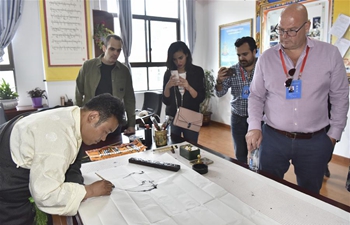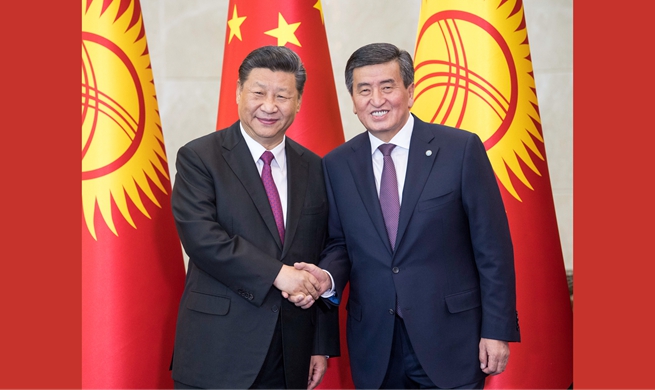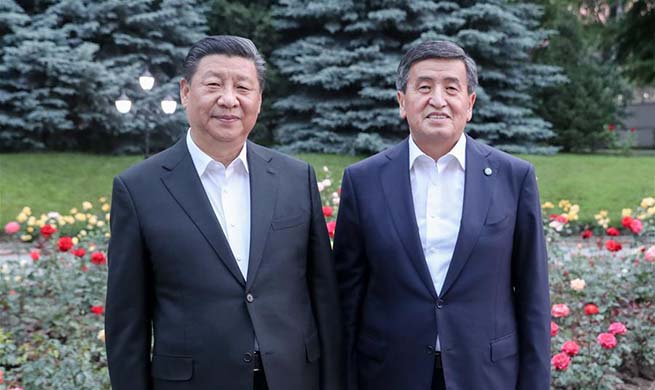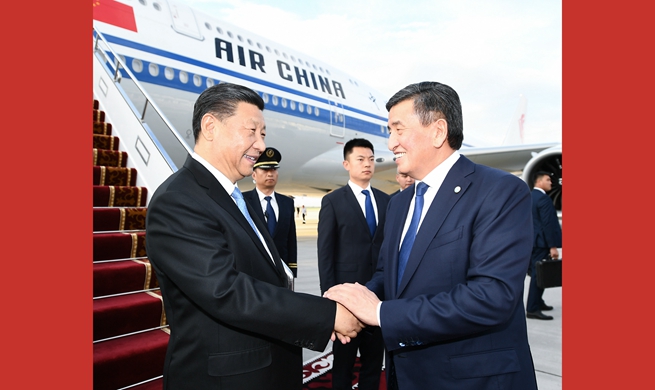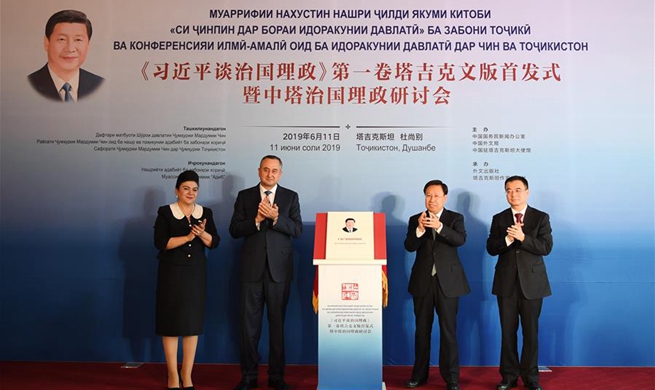WASHINGTON, June 13 (Xinhua) -- Scientists from the New York University found a way that can improve short-term memory in rats, and the findings may lend a clue to the treatment of memory disorders in humans.
The study published on Thursday in the journal Science showed that brain cells fired longer when an animal was learning about a new place, and with those signals artificially lengthened, the animal were found to be better at remembering things.
"Our study is the first in our field that made artificial changes to intrinsic neuronal firing patterns in the brain region called the hippocampus that increased the ability to learn," said Gyorgy Buzsaki, a neuroscientist at New York University School of Medicine, who led the study.
In the experiments, the researchers alternated the sugary water between the left and right arms of a maze each time when a rat was placed in it, so the rat had to recall which way it had gone on the previous attempt and chose the opposite the next time.
The researchers recorded the firing of cells in the hippocampus as a rat performed the memory task in the maze. The cell firing can be reflected by sharp wave ripples captured by a technology called EEG to record brain activity with electrodes.
They found that the sharp wave ripples were longer by tens of milliseconds when the rat was placed in a new place instead of a familiar one.
Then, they engineered hippocampal cells to include light-sensitive channels, thus adding more working neurons to the naturally occurring sequence of sharp wave ripples. The rats with extended ripples were found to be 10 to 15 percent better at finding a sugary reward than rats without the manipulation, according to the study.
The researchers found that extended ripples could mobilize slower-firing neurons to help remember things, proving that those otherwise sluggish neurons could change their properties when something new is learned.
Buzsaki's team will work to find a way to prolong the sharp wave ripples by a non-invasive way so that the method can be used in the future to treat memory disorders in humans.




